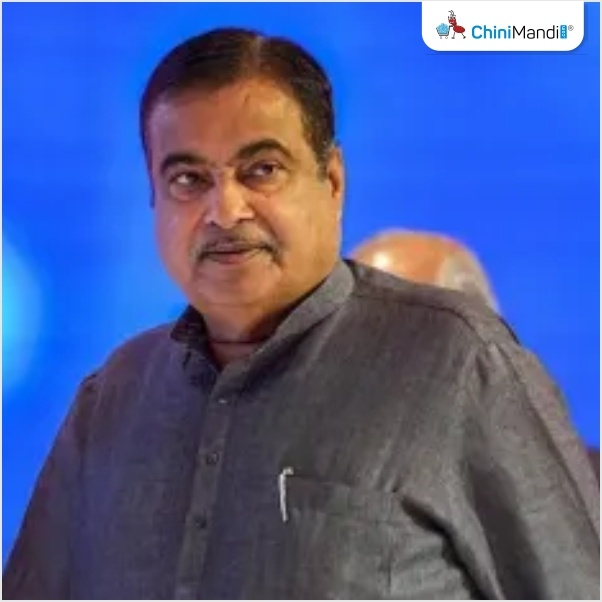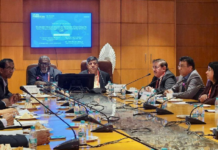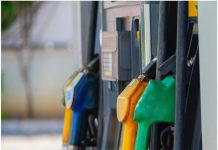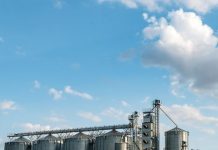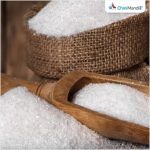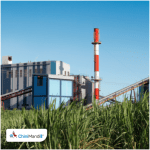Union Minister Nitin Gadkari on Monday dismissed allegations that India’s 20% ethanol-petrol blend (E20) is damaging engines, calling it “misinformation” spread by politically or petroleum-linked lobbies. “Some lobbies, politically or petroleum-linked, spread misinformation that ethanol blending (E20) harms vehicles. We have received no such complaints,” he said while addressing GreenRev2025, jointly organised by NDTV and TRUALT Bioenergy. “On the contrary, pollution has reduced,” he added.
Last week, the Ministry of Petroleum also clarified that E20 does not cause engine damage or performance loss.
Gadkari continued, “Because of the Green Revolution, agricultural output is in surplus—we are surplus in wheat, rice, sugar, and corn—so it is difficult for farmers to get remunerative prices. For the first time, our government has initiated a success story: diversification of agriculture towards the energy and power sectors. Our farmers are not only food providers; they are becoming energy providers, fuel providers, and now even bitumen providers. They are also assisting in producing aviation fuel and will become hydrogen providers. This revolutionary change will transform our country. Our automobile sector is progressing rapidly. Once we were seventh in the world; now we are third. Four to five months ago, we overtook Japan. The United States is first, with an auto industry size of about 78 lakh crore; China is second, about 49 lakh crore; India is now about 22 lakh crore. This industry has provided 40–45 million jobs and contributes significantly to GST for the union and state governments. But there is a challenge: around 40% of our total pollution comes from fossil fuels. Reducing air pollution is our biggest challenge. We have resolved to move towards net-zero. For the prime minister’s target of Net Zero Emissions by 2070, we need major actions in transport.”
He further said, “Our fossil fuel import bill is about 22 lakh crore rupees. Our policy is Import Substitution, Cost-Effectiveness, Pollution-Free, and Indigenous solutions. I am happy that alternative fuels and biofuels—electric, ethanol, methanol, biodiesel, LNG, CNG, and green hydrogen—are progressing fast. By leveraging every available option, we must reduce that 22 lakh crore import and reduce pollution. We are striving for an Atmanirbhar Bharat. Our farmers began ethanol with sugarcane juice and molasses. Now ethanol is being produced from corn, broken rice, bamboo, and stubble. We are moving toward flex engines. Major automobile companies are launching flex-fuel engines, enabling 100% bio-ethanol use. On blending, we are at 20% ethanol in petrol. Brazil uses 27% ethanol, and the same auto brands operate there. Trials at ARAI are underway; after successful results and standards finalization, the petroleum ministry will decide.”
“I am happy that bio-CNG plants using rice straw, napier grass, press-mud, bamboo, etc., are coming up—around 90 plants will start and 350 are in process. I often suggest using our 17% wasteland to plant bamboo; at least 50 tons per acre can be harvested. If bamboo is purchased at the price of sugarcane, it can be used to make ethanol, produce CNG, and create many products. Growing bamboo help for CO2 emission and create rural employment. We need to ensure incentives for biofuels/bioenergy reach people effectively. Bioenergy has become a 1.6 lakh crore rupee economy, created about 1 million jobs, and more than 50% conversion in India’s fossil fuel consumption is underway. We still have far to go and must scale usage massively, with the auto sector also stepping up. We are pushing effectively on alternative fuels and biofuels. Ethanol is advancing; green hydrogen production is accelerating; farmers are producing bio-CNG from biomass. Still, this is not enough, we must work at ten times the current scale. By building all forms of alternative and biofuels, we will reduce imports and become an energy-exporting nation. It is difficult but not impossible. With everyone’s efforts and the Government of India’s initiatives, we will succeed,” he further stated.

